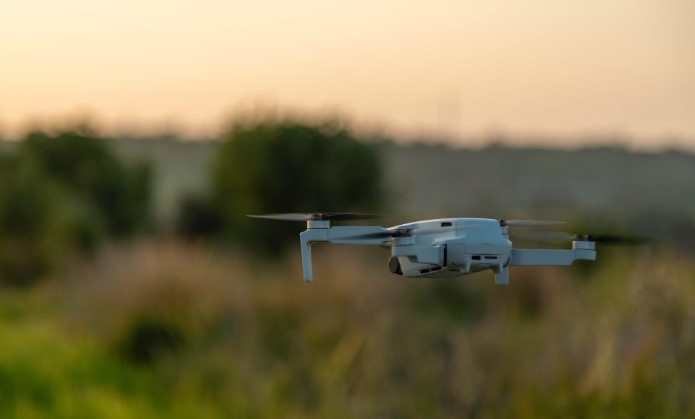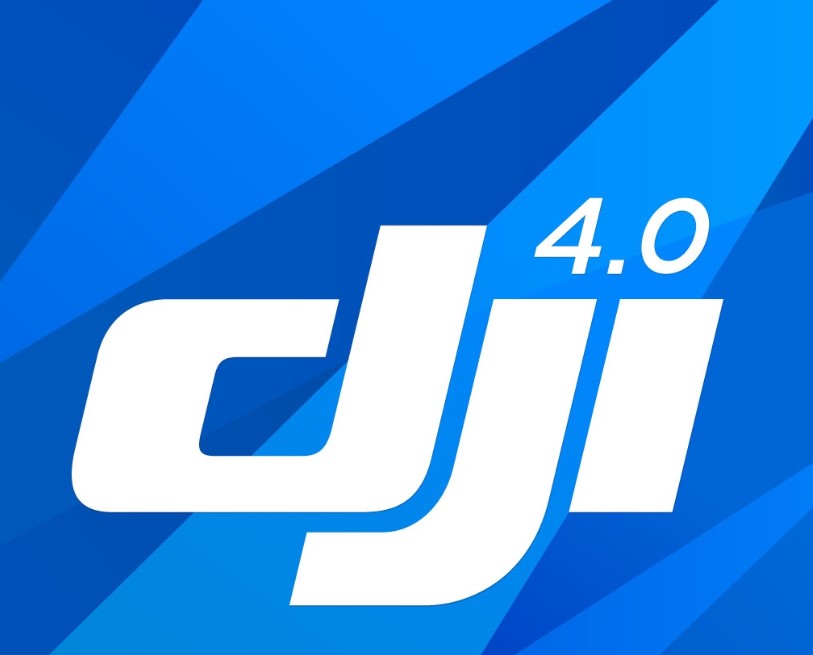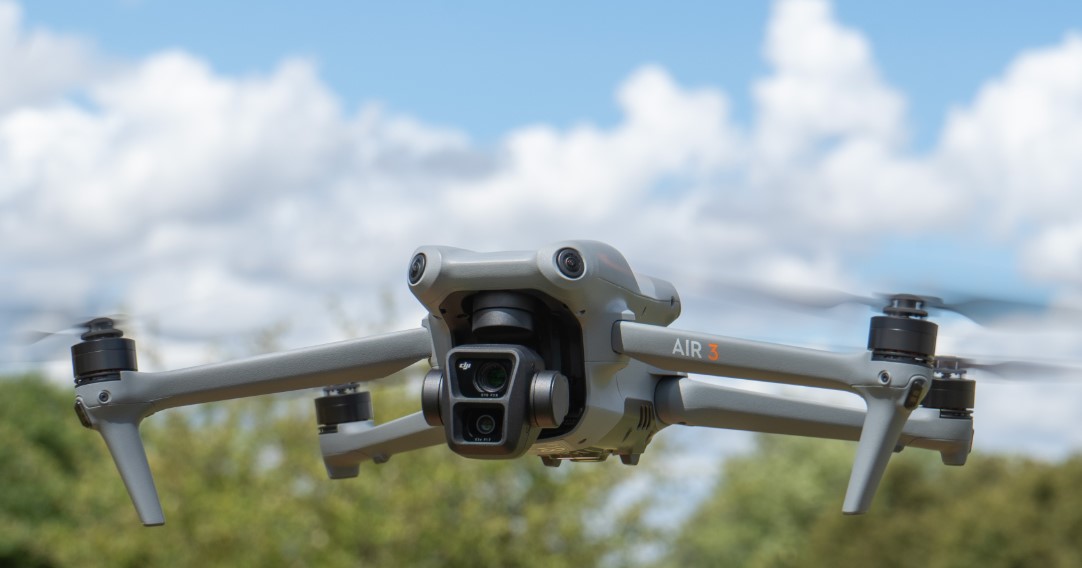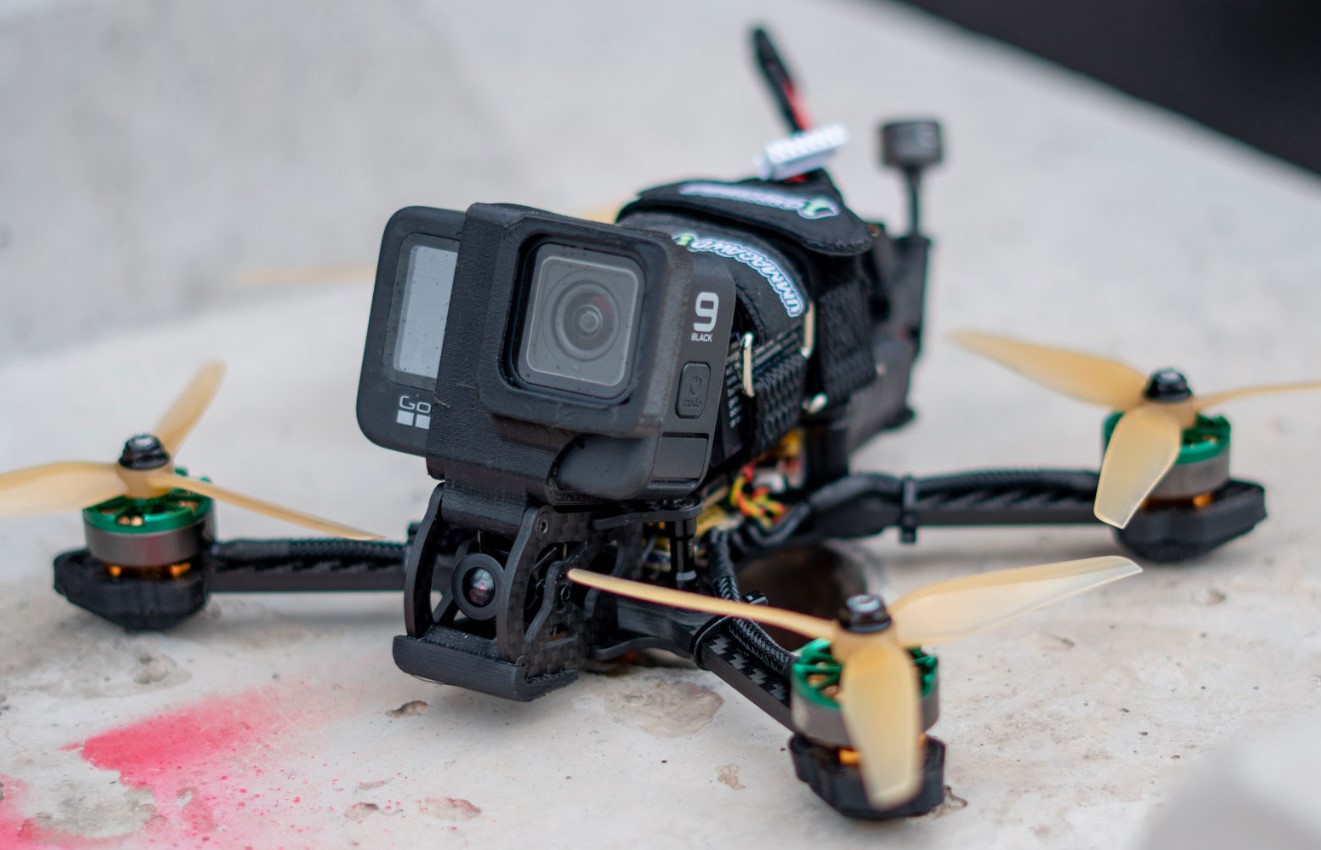In Florida, a state known for its rich wildlife and vibrant hunting community, the question arises: Is drone deer recovery legal in Florida? This essay delves into the nuances of drone usage for deer recovery in Florida, examining relevant laws, ethical considerations, and practical implications. Follow Dronevoz.com !!!
Understanding Drone Technology in Deer Recovery
Drones, or unmanned aerial vehicles (UAVs), are equipped with cameras and sensors that allow users to survey large areas quickly and efficiently. For deer recovery, thermal imaging cameras are particularly useful. These devices detect heat signatures, enabling users to locate injured or deceased deer even in dense foliage or during low-light conditions.
The appeal of drones in deer recovery lies in their efficiency. Traditional tracking methods, which rely on footprints, blood trails, or the assistance of tracking dogs, can be time-consuming and physically demanding. Drones, on the other hand, offer a quicker and often more accurate way to locate game, minimizing the risk of leaving an animal unrecovered in the wild.
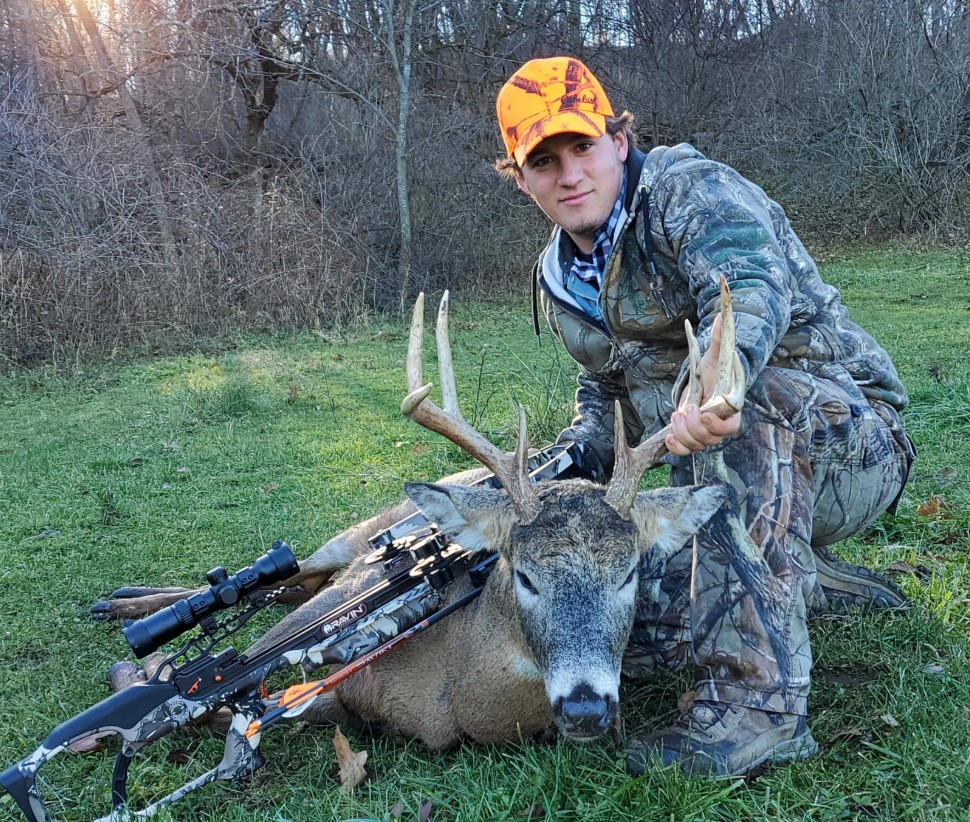
Is Drone Deer Recovery Legal in Florida?
Florida has specific regulations governing drone usage, particularly under Chapter 934 of the Florida Statutes, which addresses surveillance concerns. The statute emphasizes privacy protection, prohibiting individuals from using drones to surveil private property without consent. Additionally, the Florida Fish and Wildlife Conservation Commission (FWC) imposes regulations on hunting practices to ensure ethical and sustainable wildlife management.
General Drone Regulations in Florida
The Federal Aviation Administration (FAA) also plays a significant role in regulating drone operations nationwide, including Florida. Key FAA rules include:
- Drone Registration: Drones weighing more than 0.55 pounds must be registered.
- Operator Certification: Commercial drone operators must hold a Remote Pilot Certificate.
- Operational Restrictions: Drones cannot fly over people, near airports, or beyond the operator’s line of sight without special waivers.
While these rules govern general drone use, specific applications like deer recovery are subject to additional scrutiny under state wildlife laws.
>>> Read: Is Drone Deer Recovery Legal in Arkansas?
Hunting and Wildlife Regulations in Florida
Florida law strictly regulates hunting practices to prevent unethical behavior and ensure the fair chase principle. The use of drones in hunting is generally prohibited under the FWC’s rules, as they are considered an unfair advantage for locating and targeting game. For instance, Rule 68A-4.002 of the Florida Administrative Code prohibits the use of aircraft, including drones, for hunting purposes.
However, when it comes to deer recovery, the distinction between hunting and post-hunt activities becomes critical. While drones cannot be used to locate live game for hunting, their use in recovering game after a hunt—provided the animal has already been legally harvested—may not explicitly violate these rules. Nevertheless, this area remains a gray zone, and interpretations can vary depending on specific circumstances and enforcement.
Ethical Considerations
Even if drone deer recovery is not explicitly illegal in Florida, ethical considerations play a significant role in shaping public opinion and influencing regulations. Hunters often emphasize the importance of traditional skills, such as tracking and fieldcraft, which drones may undermine. Critics argue that relying on drones for recovery detracts from the challenge and spirit of hunting.
On the other hand, proponents highlight the potential benefits of drones in reducing animal suffering. For instance, quickly locating a wounded deer can ensure timely and humane dispatch, preventing prolonged pain or unnecessary waste of the animal. Additionally, drones can minimize environmental disruption by reducing the need for extensive ground searches.
Practical Implications and Enforcement Challenges
The enforcement of drone regulations for deer recovery poses several challenges. Florida’s vast and diverse landscapes make monitoring drone activities difficult for authorities. Additionally, distinguishing between lawful recovery and prohibited hunting practices can be complicated in real-time.
To address these challenges, some stakeholders advocate for clear guidelines and permitting processes. For instance, licensed hunters could apply for special permits to use drones for recovery under specific conditions, such as notifying local authorities or limiting drone usage to daylight hours. Such measures could balance the benefits of technology with the need to uphold ethical and legal standards.
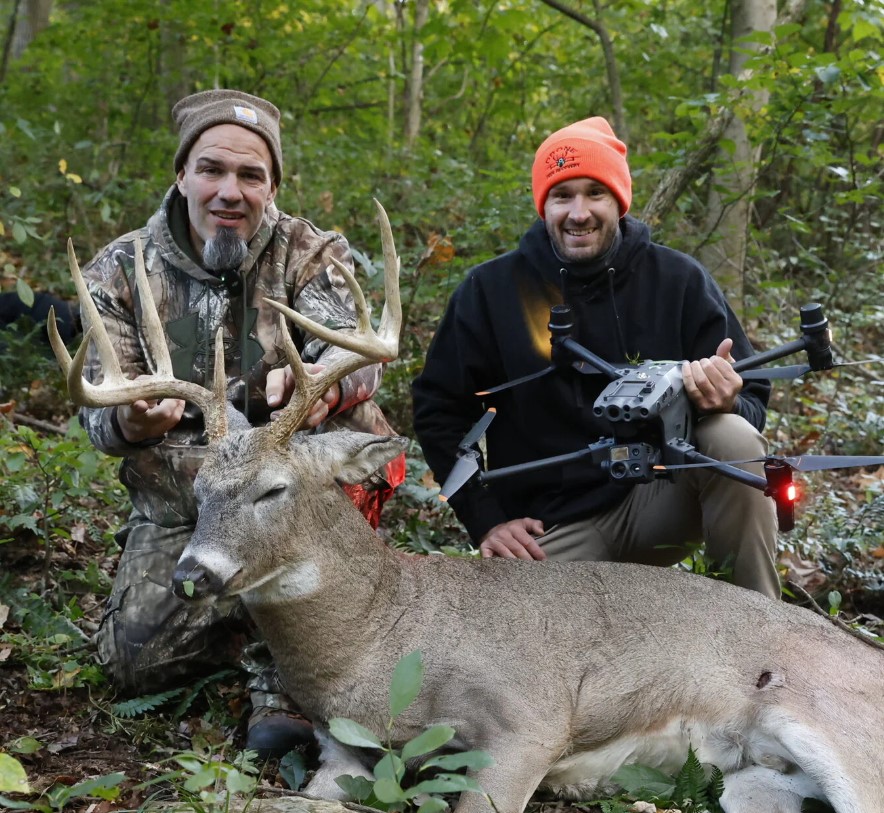
Comparative Analysis: Drone Deer Recovery in Other States
To better understand Florida’s stance, it is helpful to compare its regulations with those of other states. For example:
- Texas: Drone usage for hunting is explicitly prohibited, but their use in game recovery is allowed under certain conditions.
- Michigan: Similar to Florida, drones cannot be used for hunting, but their use for recovery falls into a legal gray area.
- Alaska: Strict regulations prohibit drones for both hunting and recovery to maintain the wilderness experience.
These variations highlight the importance of localized regulations and the need for hunters to familiarize themselves with state-specific laws.
Recommendations for Hunters
For those considering drone deer recovery in Florida, the following steps can help ensure compliance with legal and ethical standards:
- Consult Local Authorities: Contact the FWC or local law enforcement to clarify regulations and obtain guidance on drone usage for game recovery.
- Use Technology Responsibly: Ensure that drones are used solely for recovery purposes and not for locating live game.
- Respect Privacy Laws: Avoid flying drones over private property without consent to comply with Florida’s surveillance statutes.
- Document Activities: Maintain records of drone usage, including flight logs and video footage, to demonstrate compliance if questioned by authorities.
- Promote Ethical Practices: Balance the use of technology with traditional tracking skills to preserve the integrity of hunting traditions.
Conclusion
The legality of drone deer recovery in Florida is a complex issue influenced by a combination of federal and state regulations, ethical considerations, and practical challenges. While Florida law explicitly prohibits the use of drones for hunting, their use for post-hunt recovery remains less clearly defined. Hunters must navigate this gray area carefully, prioritizing compliance with existing laws and ethical practices.
As technology continues to evolve, so too will the legal frameworks governing its use. Collaborative efforts between policymakers, wildlife agencies, and hunting communities are essential to create clear, fair, and effective regulations. By embracing responsible practices, hunters can leverage drone technology to enhance game recovery while upholding the values of conservation and ethical hunting.
>>> Click Is Drone Deer Recovery Legal in Alabama?
